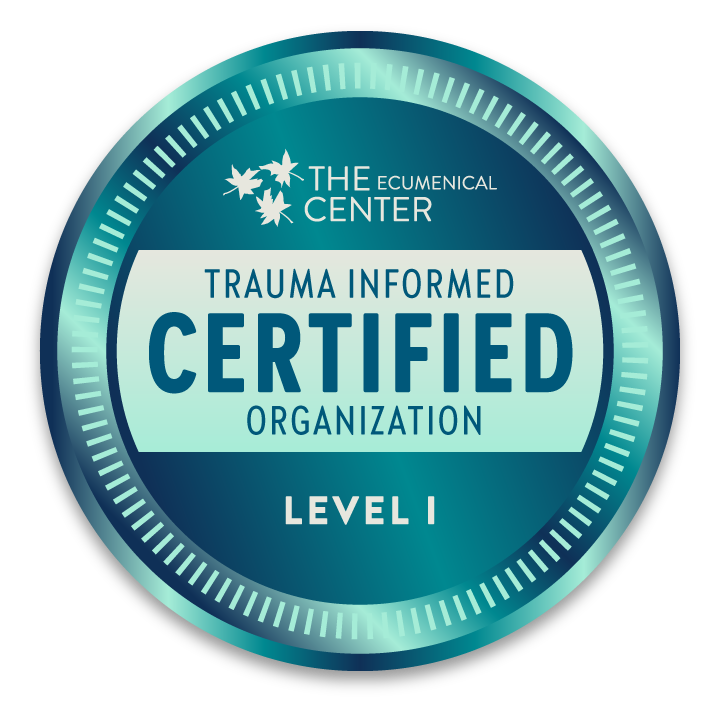Remember when former San Antonio Mayor Julian Castro declared the Decade of Downtown for San Antonio in 2010?
What if we call it now? 2020 — the Decade of Family! Not original to me, but borrowed from a bold proclamation by Unicity, a movement to unite the city.
What incredible progress has been made to revitalize downtown, attract new businesses, develop the economy and retain native San Antonians. Hundreds of millions have been invested, and it is certainly paying off in some incredible ways. But unfortunately, family well-being has had little improvement in the last decade, according to SA2020 outcomes.
So let’s talk about 2020.
Family is the backbone of society, the backbone of any community. Almost every community ailment we can point to can sadly be traced back to the breakdown of the family.
In the past 30 years, the deterioration of family is evidenced all around us. We are living in the most fatherless generation in history, which should be considered pandemic.
• The poverty rate for fatherless homes is more than twice the average for all families in America and more than four times the rate of poverty for children living with both parents.
• 90% of all prisoners in the U.S. are men; 75% of them grew up without a father in the home
• 63% of youth suicides are from fatherless homes
• 90% of runaway and homeless youths are from fatherless homes
• 71% all high school dropouts do not have a father in the home
• Children who don’t have a father in the home are 20 times more likely to have a behavior disorder
The work of SA2020 over the past decade has been tremendous to unite social services, government, and city leaders to and align community goals. But we have more work to do in family well-being.
GLOO, a data analytics company, reports that the most important factor driving behavior, across economic lines in San Antonio is FAMILY, unlike most metro areas, where the number one driving factor is money. Clearly, family is very important to us.
We see the damaging effects of illiteracy, homelessness, poverty, and crime in our city. Despite being the fastest growing city, we still also have a huge economic disparity between the wealthy and the poor.
We must focus on the root cause, which I would argue stems from family deterioration more than any other singular cause. Addressing fruit issues with more water (money) and more sun, or heat (government) will not alter the root. We can snip and prune and weed, but we have to address the root causes.
What we focus on, grows.
When we focused on improving downtown, improvement happened in a dramatic fashion!
What if we focused on family strengthening and family preservation? What could change in 10 years? What is possible?
My unscientific guess would be that poverty would decrease, literacy and graduation rates would increase, child abuse would drop, substance abuse would decline, and crime would be reduced.
Call me an idealist. It wouldn’t be the first time.
But let’s face it: When we heal families, we can heal the land. Mother Theresa said, “If you want to heal the world, start with family.”
To illustrate, let’s look at Chosen’s work with those in one sliver of our community who are impacted by abuse and neglect.
Our approach to child welfare is unique because we are not merely addressing the effects of abuse and neglect on the child. Our holistic approach is first and foremost on equipping the parents. What we know is that attachment — the relationship between child and parent — is what actually brings healing to the child.
What we also know and see everyday is that unhealed hurts of adults are brought into parenting, often in very negative and counter-productive ways. This causes further harm to the parent-child relationship AND strife in the marriage.
We work to get at the root issues and unearth what produces rancid fruit. It’s messy, but it’s working.
Addressing root issues is why our outcomes show that we haven’t had one single family quit on their children. Compare this to 50% of foster families typically quitting after one year and up to 25% of all adoptions reportedly dissolving. That means a child is re-homed or goes back into the system.
Let’s take it a step further. What if our foster home shortage was solved because less children were being removed? What if we could prevent breakdown?
The Family First Prevention Service Act passed in 2018 is the greatest seismic shift in child welfare in history, soon to be felt. The government recognizes that children do not belong in institutions, formerly orphanages, but they belong in families. Federal and state dollars will be funneled towards family preservation and reducing the need for foster care. This act will take effect in Texas in 2021.
Working with biological families and children impacted by abuse and neglect is absolutely critical to bringing generational change.
This is just one reason at Chosen that we have begun working with biological families who are at risk of having their children removed and with those who can be safely reunited. We are repairing breaches, establishing new family rhythms and teaching caregivers how to attach to their children. We are replacing screens with nurture activities.
Unicity recently asked the question: “what would it take to make San Antonio the best community to raise a family? It would take a movement — it would take each of us.“
We’d have commit to wading into the mess of people’s lives and offering our very selves to make a change.
It’s easy to ignore struggles that seemingly don’t touch us and settle into our intoxicating comforts, but the reality is that our neighbor’s struggles DO touch us. They are shaping the world we will leave our children and grandchildren.
2020 — Decade of Family. I’m in — are you?
Join today: www.decadeoffamily.org













